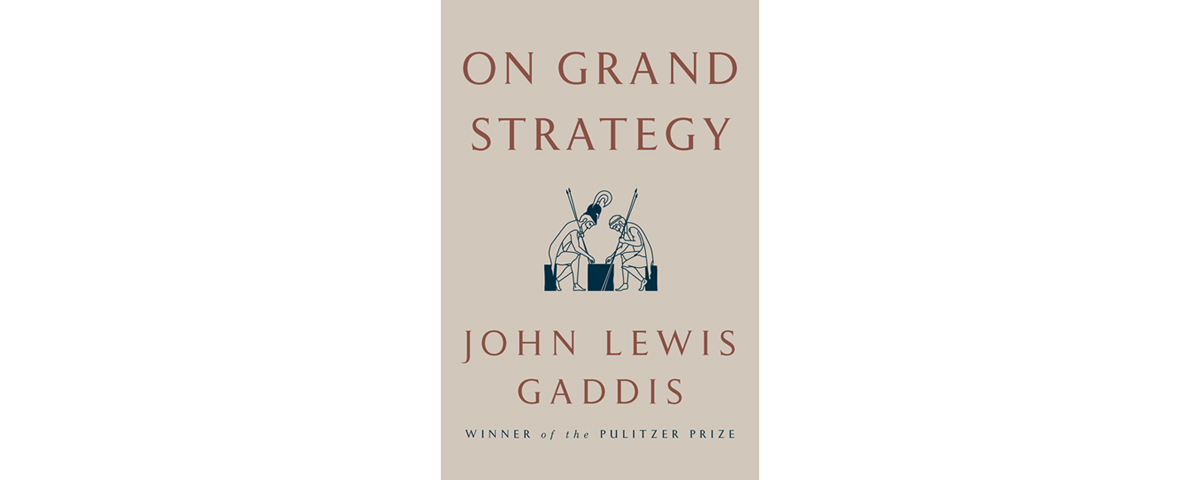On Grand Strategy, by John Lewis Gaddis, Penguin Press, New York, 2018, $26
In the preface to this freewheeling intellectual exercise on strategy, John Gaddis credits his teachers with setting him “off on paths they couldn’t control” to seek “patterns across time, space and scale.” A highly regarded Yale professor, Gaddis is a true teacher, challenging readers to think without telling them what to think. In our overly dogmatic and argumentative times, it’s a refreshing approach.
As we follow Gaddis’ “patterns across time,” we visit with such strategic thinkers as Xerxes the Great, Themistocles, Augustine of Hippo, Niccolò Machiavelli, Carl von Clausewitz, Napoléon Bonaparte, Sun-tzu, George Washington, Abraham Lincoln, Adolf Hitler, Winston Churchill, Joseph Stalin and Franklin Roosevelt.
Amid his cerebral approach to the subject Gaddis stirs in entertaining dashes of sharp perspective. In one instance, he notes that common sense “is like oxygen: The higher you go, the thinner it gets.” At another point he suggests, “There’s less time now than Lincoln had to learn anything new.” In a nod to Augustine and Machiavelli, the author admonishes, “If you have to use force, don’t destroy what you are trying to preserve.”
Throughout the book Gaddis refers to the analogy of the fox (who draws on an array of experiences to learn about the world) and the hedgehog (who views the world through the lens of one defining idea), a comparison advanced in a 1953 essay by Russian-born British philosopher and historian of ideas Sir Isaiah Berlin. Then, citing a study by American political science writer Philip E. Tetlock, Gaddis suggests foxes are far more likely to “get the future right” than hedgehogs. Similarly, the author concludes, when developing a strategy, how one thinks is more important than what one thinks.
Throughout his treatise Gaddis plants seeds for further study, appealing to the restive mind in a quote from British statesman-philosopher Edmund Burke: “The thing bought must bear some proportion to the purchase paid.” He then adds his own thought: “Proportionality comes from what grand strategy is: the alignment of potentially infinite aspirations with necessarily limited capabilities.” Gaddis intends his book to be part of one’s ongoing search, not an end in itself.
—Joseph F. Callo





